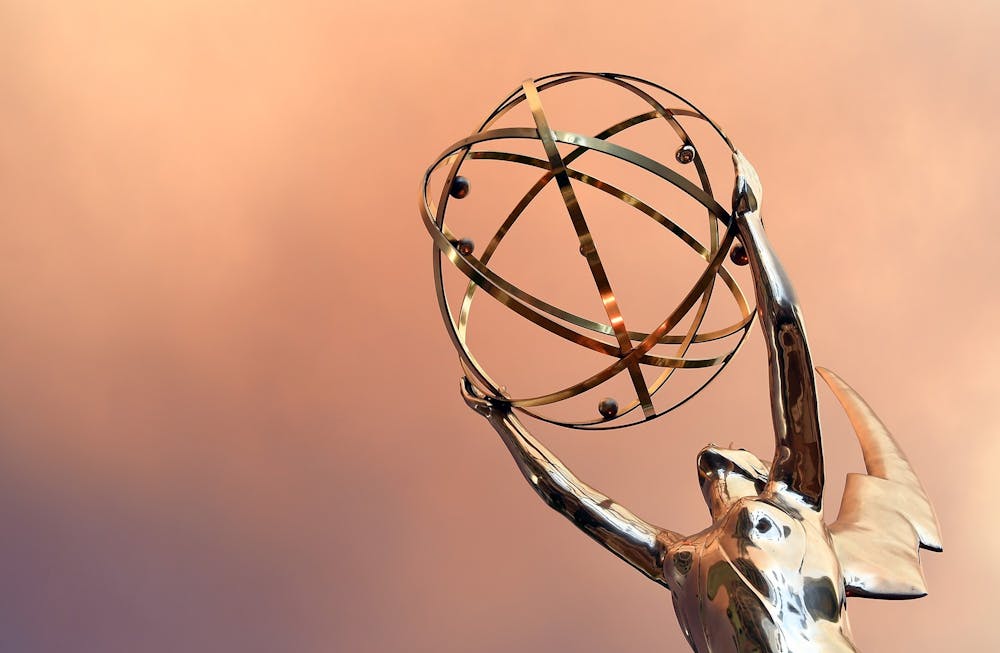Award season is always such a drag.
Every discussion about the Oscars, the VMAs, the Grammys and whatever else comes with the understanding that these glamorous ceremonies are ultimately subjective, and aren't indicative of the actual quality of the actors and writers nominated. While that's true, it can't be denied how much stock is put into these awards. There is a certain level of prestige given to the winners, and people have written articles on the various upsets in award ceremonies.
The latest disappointment is the Emmys, specifically because despite a record high of Black nominees in works like "Lovecraft Country," "Pose" and "This Is Us," white-led shows like "The Crown" and "Ted Lasso" swept most of the categories.
It's not surprising. The people voting for the winners of the Emmys are apparently unknown, but it's safe to assume they have ties to the entertainment industry and Hollywood, an industry with a notorious record on how it treats Black people. Then these anonymous judges disseminate what works and actors are supposed to be the greatest. When these award winners have a pattern of neglecting Black actors, or for that matter, actors of any marginalized group, there's conveniently no one to blame.
Aside from the anonymity that gives the judges a free pass, there's another insidiously subtle rhetorical work at play here. It's a matter of opinion, it's subjective who deserves to win these awards. So, when there's a pattern of ignoring and passing up the works and performances of Black people, it's merely because these anonymous judges have different opinions.
This ignores the reality that people have biases influencing their judgment, whether they realize it or not. If the judges won't tackle these biases themselves, their actions should reveal them.
The #OscarsSoWhite movement in 2015 onward pointed out the huge discrepancy in white and non-white nominees for the Academy Awards. After this, the Academy of Motion Picture Arts and Sciences, yet another group of mostly white anonymous people with ties to the entertainment industry, made efforts to include more diverse nominees. We've seen some changes in that respect, but as for winners, it's still rare. Even when minority films won major awards, such as Barry Jenkins' "Moonlight" or Bong Joon Ho's "Parasite," it was met with criticism.
These award shows and their anonymous voting committees are in a difficult space. They seemingly want to retain their anonymity so they can choose their winners without direct criticism, but they also want to make an effort to include more diverse nominees. What does this lead to? Tokenism. Having a small representation of minorities so that no one can say they're excluded.
Giving minorities nominations will pacify critics, while you can vote for what you think the real winner is. Black actors get more nominations, but they don't get more wins. Even when the performance nominated is their last.
Of the numerous upsets at the Emmys this year, perhaps the most notorious was the recently passed Michael K. Williams's role in "Lovecraft Country '' being snubbed. The show, which focused on Black trauma and the realities of racism in the mid 20th century, was passed over in favor of "The Crown," a drama about the whitest people on earth: the royal family. It brought back memories of Chadwick Boseman's snub in the 2020 Academy Awards, both being posthumous nominations for what might've been the best performances in their respective careers.
Again, this can all be chalked up to personal preference. We can say the voters just didn't all like these performances and screenplays, but the pattern remains. While it's not surprising, it's certainly disappointing.






